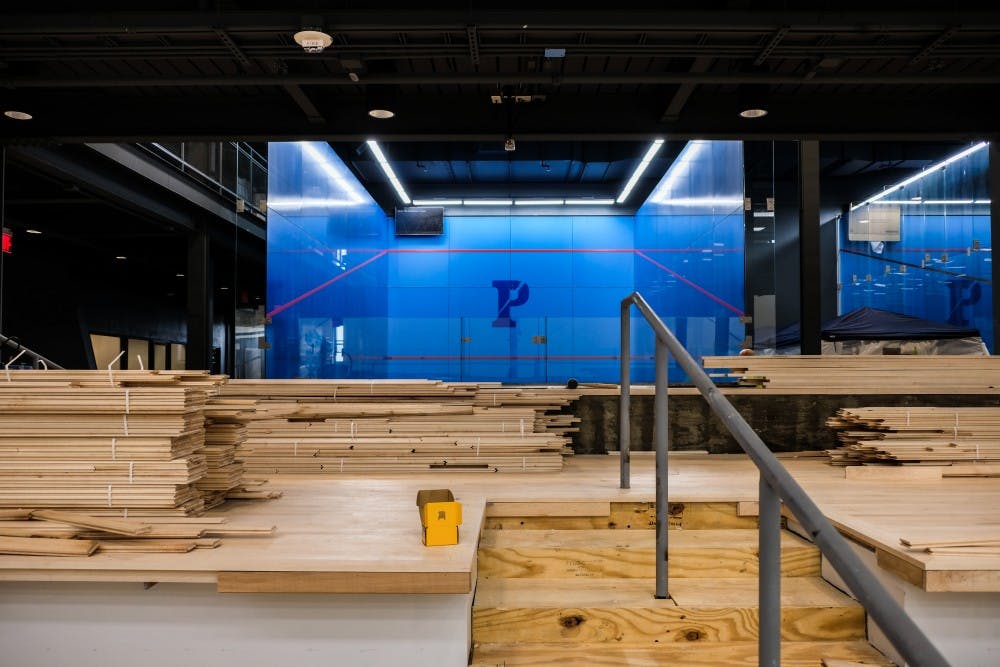
“Would you raise money for the library and then charge students to go to the library? When the Pottruck people gave money to the gym, did they think they were going to charge students 20 bucks every time they went to work out?”
The hypotheticals above come from Bruce Marks, a 1979 Wharton and College of Arts and Sciences graduate and 1984 Penn Law graduate. He, along with numerous other donors, helped raise over $15 million for the new, state of the art Ringe Squash Courts, which are set for a grand opening on Nov. 9. Bruce himself donated close to five figures to honor his father.
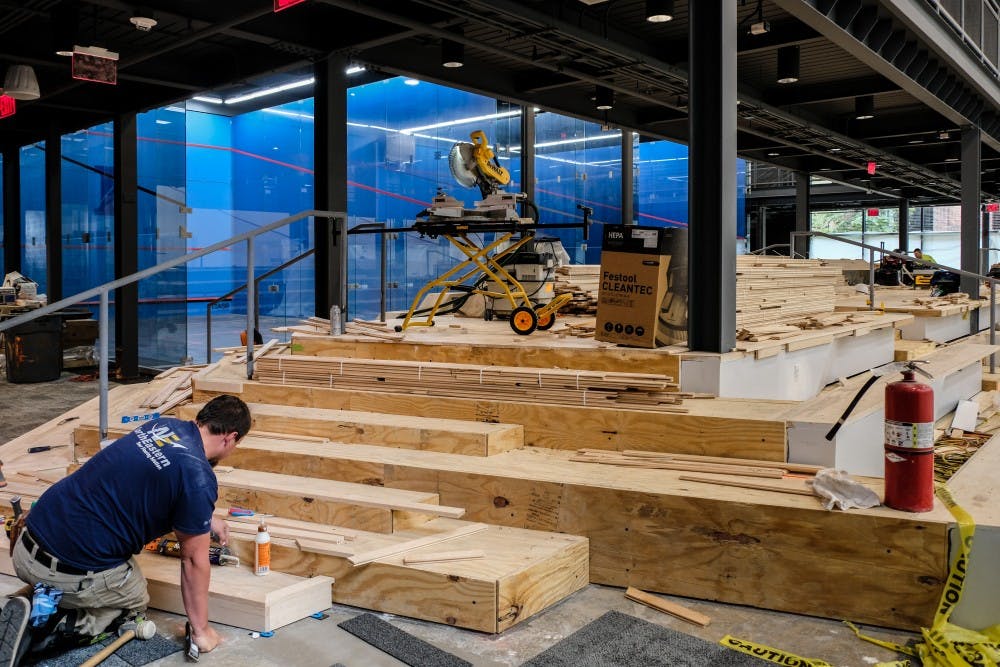
However, what he and other donors did not know was that for the first time ever, Penn will start charging hourly fees to alumni, faculty, community members, and even students to use the courts on Penn’s campus. Those who had frequently used the squash courts first heard about the fees via an email in late August from Ellah Nze, the Manager of Racquet Sports.
“The squash membership prices support the facility’s operations, staffing, and maintenance,” Senior Associate Athletic Director and Chief Operating Officer Scott Ward wrote in a statement. “We aimed to build a comprehensive pricing model that appeals to our diverse University community and all frequency levels of recreational play, similar to Hecht Tennis Center model. Once you join, you can choose how often you want to play. For the most avid squash players, we also offer the option of a discounted unlimited rate without needing to pay for each reservation."
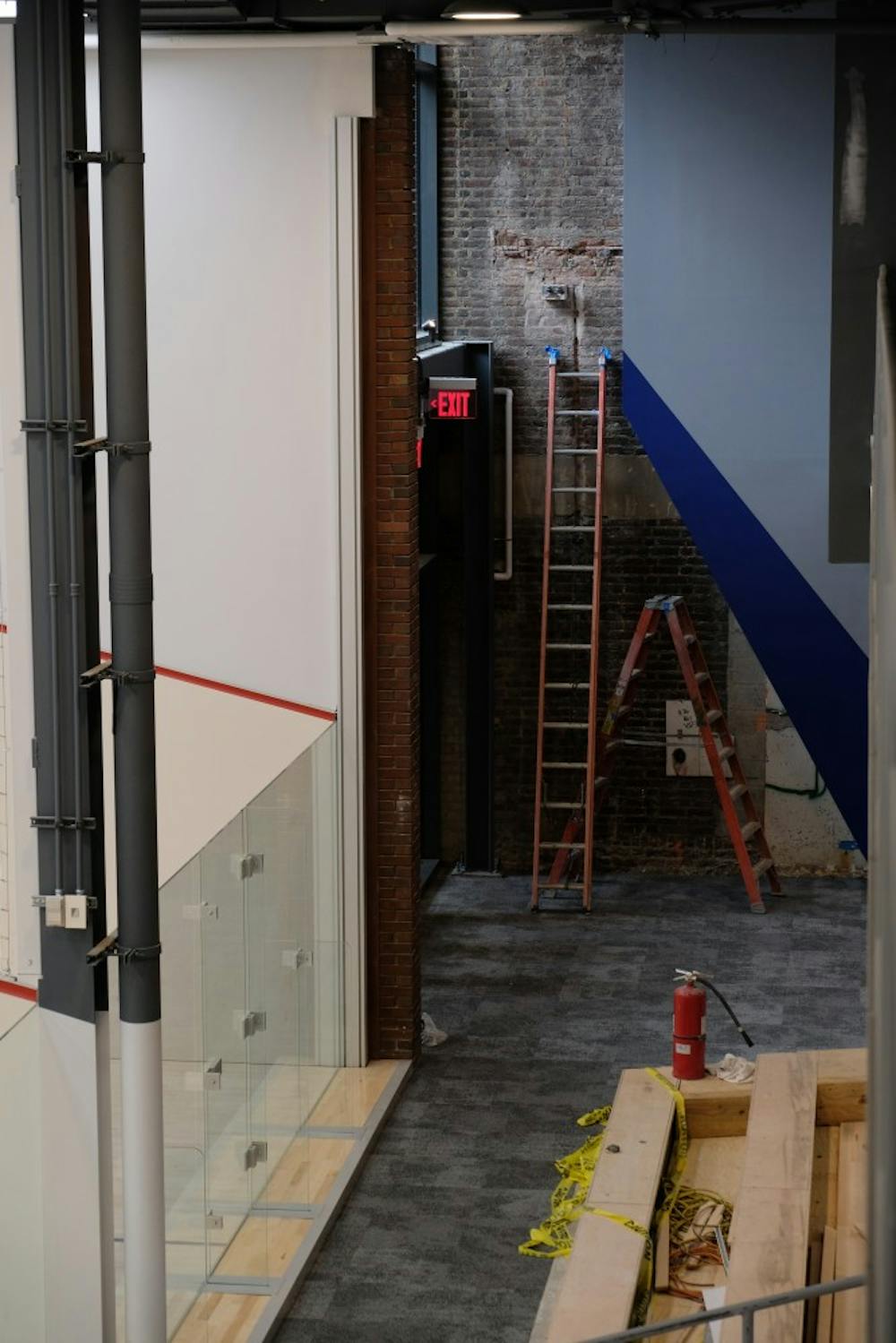
“There will also be free play program options for students once the facility is open. The student pricing structure will model the Tennis Center with waived base membership, discounted court fees, and the option of an unlimited monthly membership. Club teams are charged a flat rate per semester depending on court availability for the days and times requested.”
The Penn squash courts were previously free to students and cost a few hundred dollars a year for faculty, community members, and alumni. With the new fees, students and faculty feel they are being “priced-out” of their own school’s facilities.
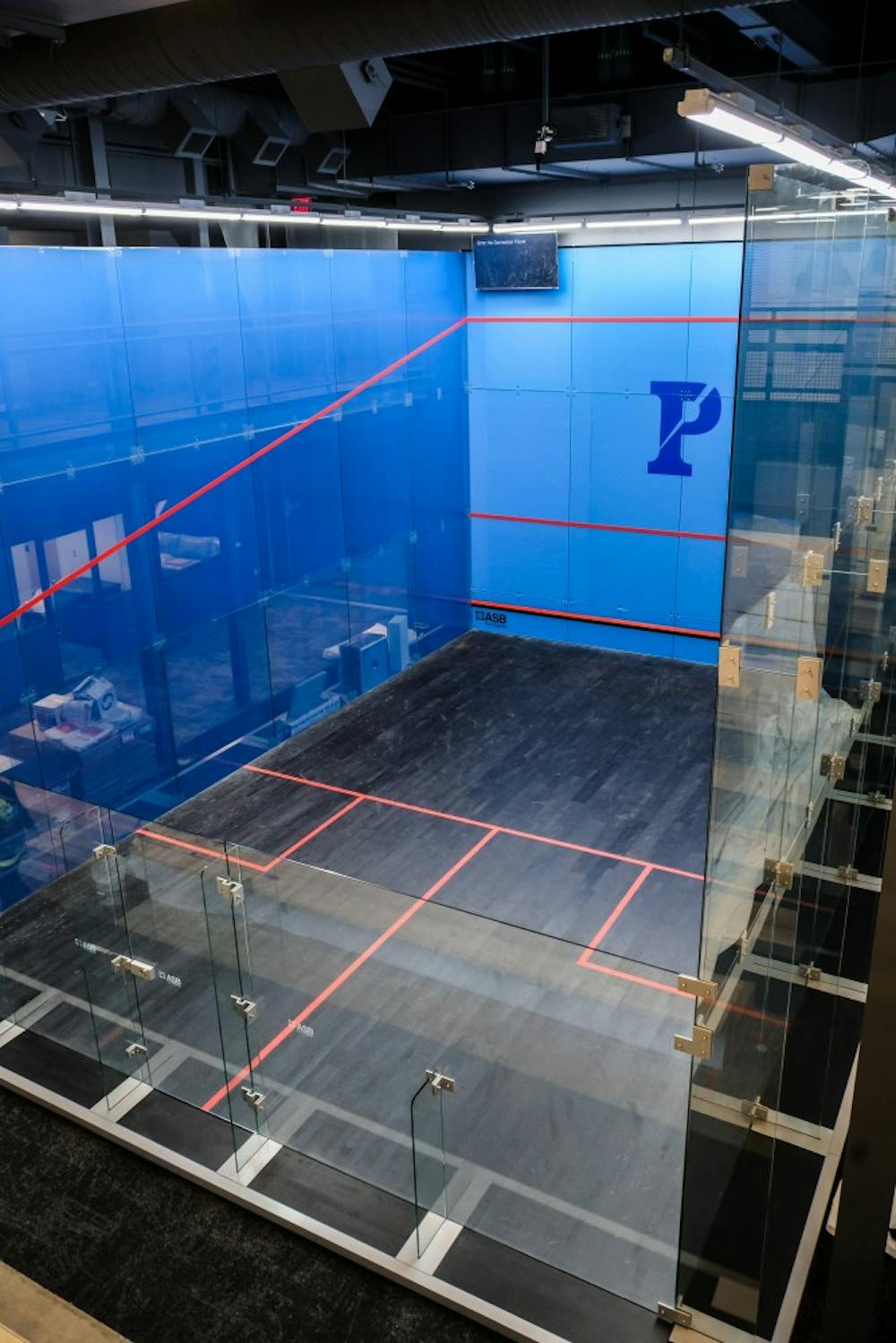
“The idea is ludicrous,” Marks said. “The concept that you are going to have squash courts for rich kids to play and other kids cannot just runs completely contrary to the ethos at Penn. Admission is supposed to be need blind, other recreational facilities are need blind. So to charge fees for the squash court sends a horrible message.”
The two primary payment options originally available this year were the Annual Membership and Premium Court Package.
The Annual Membership originally cost $150 per year, with members required to reserve courts in 45-minute blocks at a cost of $20 during off-peak hours and $40 during peak hours. The Premium Court Package includes three peak reservations and five off-peak reservations for $100 a week in addition to the $150-dollar membership fee. If a member buys the premium package for the entire year, the total cost will be $1350.
“Peak” hours are from 4:00 p.m. to building closure on weekdays and from open to close on weekends.
On Oct. 1, Nze sent an email announcing adjustments to the prices as the “result of intake of significant feedback from our community comprised of students and faculty/staff, and in person meetings with former members.”
A “Founding Members Discount Promotion” gives faculty, staff, alumni, and senior citizens the opportunity to play as much as they want for an annual membership of $750 per year. Faculty and staff who do not get the promotion will pay $999 per year for the same perks. Both are still significantly more expensive than Drexel’s annual rate but cheaper than the original pricing model announced in August.
The most significant changes occurred for students, who do not have to pay an annual membership fee, but will pay $10 to play at peak hours and $5 to play at off-peak hours.
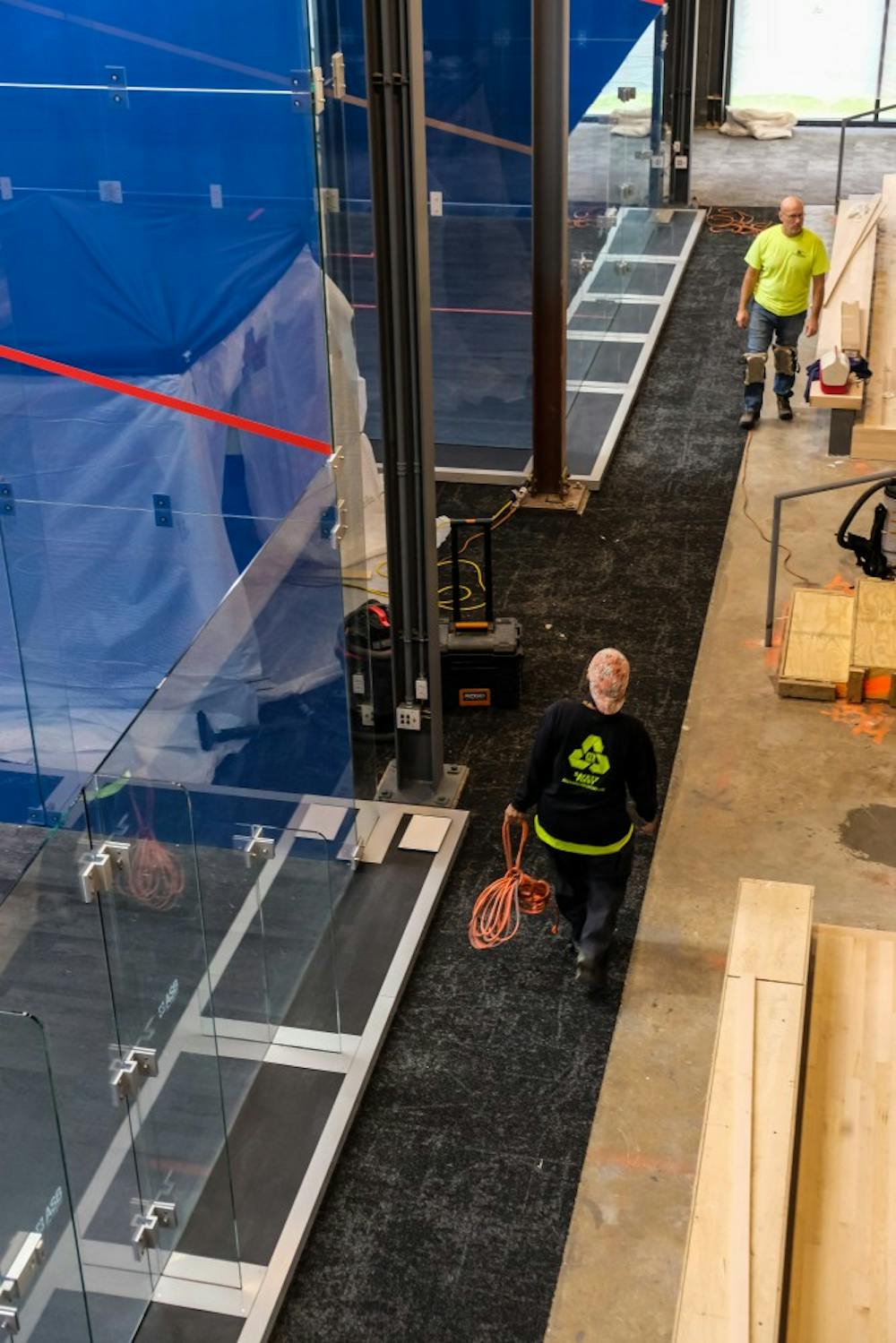
“I don’t think that anyone would have given money if they knew the result of that would be to have fees that are so prohibitive that students wouldn’t play,” Marks said before the new prices were announced.
For the past year, most of the Penn squash community relocated to Drexel. Though the costs of relocating and court availability for the varsity and club team were largely covered by Penn, everyone else had to make their own arrangements and pay a $500 yearly fee to use Drexel’s squash facility.
One of those students was Peter Francis Harvey, a Sociology Ph.D candidate.
“As a grad student, having to pay $500 to play at Drexel was an inconvenience particularly as Penn had only just given grad students or Ph.D. students free access to Pottruck gym,” Harvey said.
Still, since renovations were only supposed to last one year, he was fine with paying the fee if it meant playing at a newly renovated squash facility at his own school for a fraction of the cost. However, with the announcement of the new membership costs, he does not plan on returning to Penn’s squash facilities.
Harvey stated that he typically plays twice a week for roughly two hours, usually during peak times when his schedule allows for it. With the Annual Membership, playing for two hours a week costs $80. With Harvey estimating that he plays 40 weeks per year, the original annual membership would have costed him $3,200 plus the $150 membership fee.
Still, if a student plays twice a week during “peak” hours for 40 weeks a year like Harvey, they will still likely pay more than the cost of joining Drexel.
“Previously, it’d been negligible to play at Penn, maybe 40 bucks a year prior to that,” Harvey said. “It seems on the outside that Penn is trying to make itself more exclusive and more hostile to everyday players and only welcoming to those that are very, very rich or on the varsity team.”
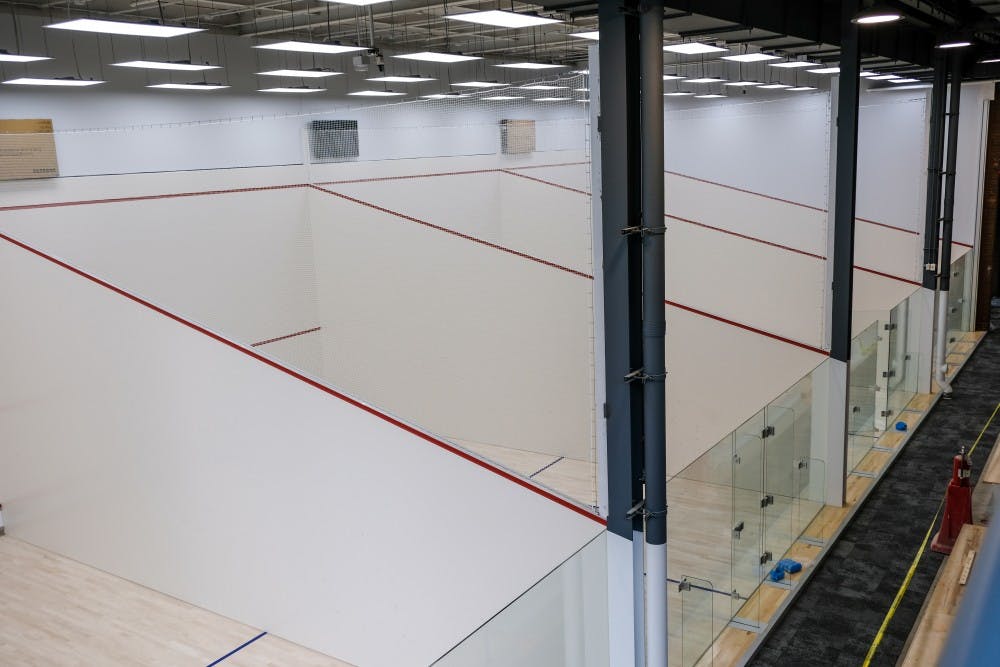
The original costs were roughly on par with the Racquet Club of Philadelphia, an exclusive squash club, which requires a $1,500 initiation fee and “yearly dues ranging from $975 to $4,000 depending on age and what [type of package] you purchase” according to a 2015 article.
“Last I checked, Penn wasn’t a country club,” Harvey said. “One of the benefits of Penn — or at least Penn tries to claim — is that it’s an institution to help Philadelphians as a whole and not just help insiders.”
Bhuvnesh Jain, a physics professor at Penn, also stated that most of the faculty members he interacts with on the courts will transition to Drexel to play squash.
“As a practical matter, our neighbor Drexel’s charges for ‘outside’ members are far lower than Penn proposes to charge its own faculty/staff,” Jain wrote in an email. “This means that the majority of us who have played at Penn for years will end up playing at Drexel, while the Penn courts remain empty much of the time — certainly not the outcome any of us want.”
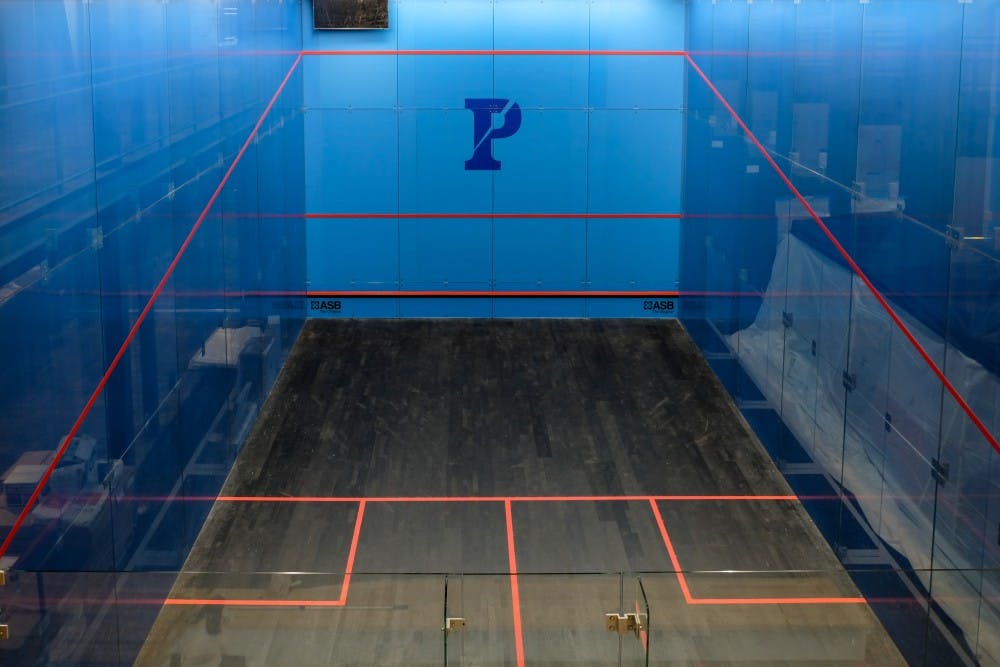
Jain said that eight of the 10 faculty members he usually plays with had already renewed their yearly membership at Drexel before the recent price changes were announced.
“I sincerely hope a sensible new plan emerges that is inclusive to all members of the Penn squash community,” Jain wrote at the time. “A feasible plan simply needs to be broadly consistent with the plans offered by other schools with good squash courts. And the way to do that is to make modest tweaks to the successful program we have had for decades.”
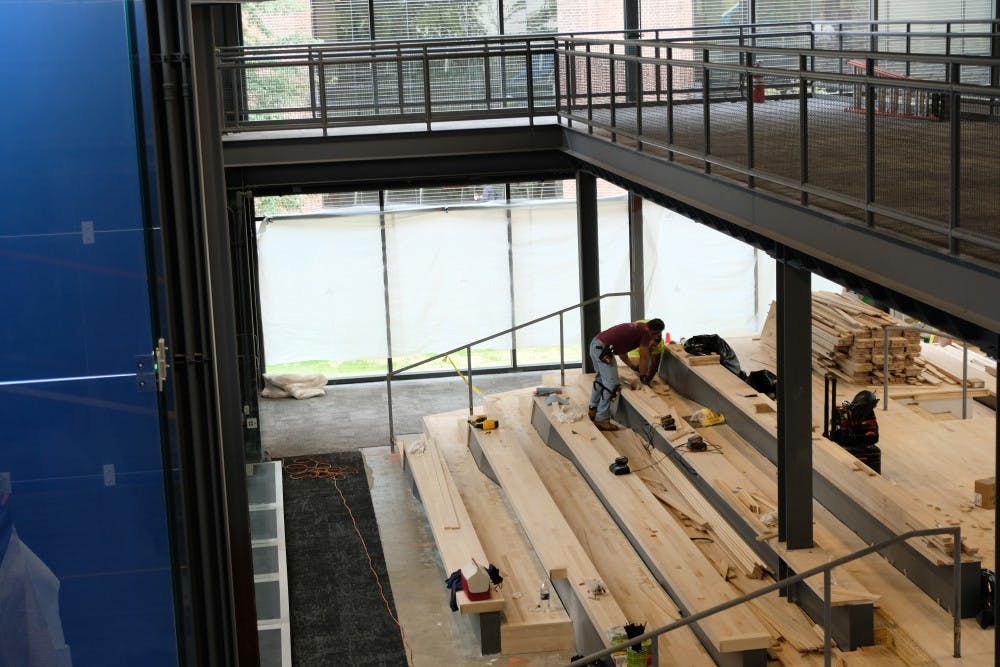
“Research was done in advance with a focus group which included former Ringe members,” Ward wrote in the statement. “We have also met with the campus squash community and will address concerns, including defining affiliate membership discounts similar to the Hecht Indoor Tennis Center model.
“I have no idea where [Penn Athletics] found focus groups that produced such a disastrous fee structure,” Harvey said before the changes.
The effects of the new pricing model on Penn club squash remain uncertain.
“It’s [still] been a little bit difficult to figure out how club squash is going to keep running this year,” Penn club squash president Mark Shtrakhman said. “The club sports administrators have been super helpful, but I don’t want any kid at Penn, regardless if they are on the club team or not, to be priced out of playing at Penn.”
According to Shtrakhman, club squash dues are either $80 or $45 per year depending on a student’s financial restrictions. Still, even the upper end of club squash dues is astronomically cheaper than the Annual and Premium membership costs.
“They raised all this money without telling people they were going to do this,” Marks said. “It’s just unbelievably disappointing.”
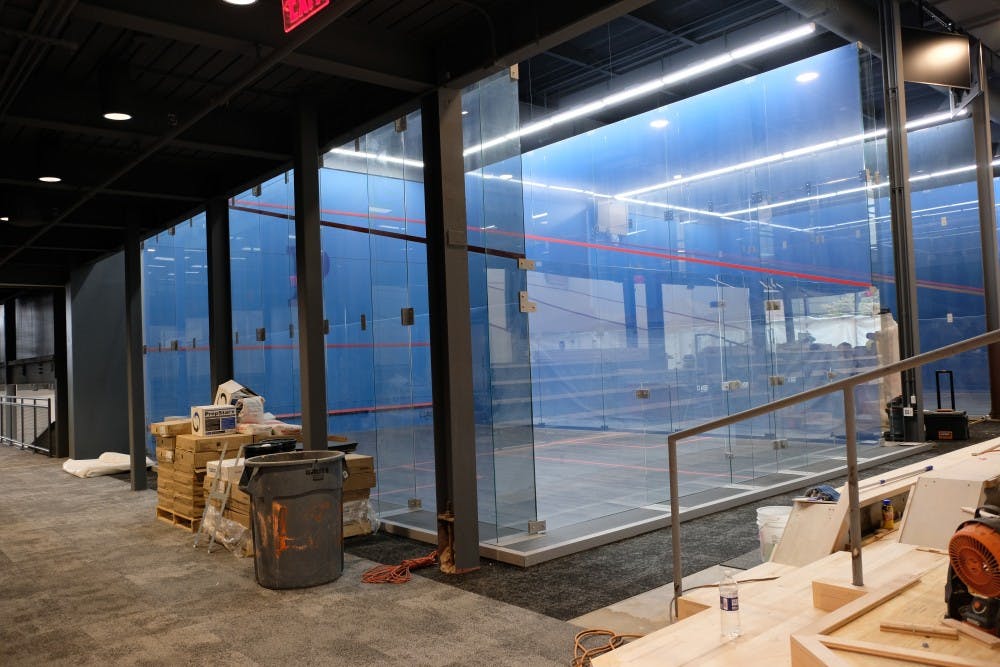
While Penn begins to implement country club level costs to use its own facilities, construction for the Arlen Specter U.S. Squash Center, located near 32nd and Market Street, is slated to be completed by October 2020. Not only will it be one of the largest squash centers in the United States, but it also plans “to democratize what traditionally has been an aristocratically-flavored pursuit.” By this time next year, there will likely be two squash facilities a short walk from campus that are significantly more affordable than the Ringe Squash Courts.
Though the quality of the Ringe Courts is comparable to Philadelphia’s top squash facilities, concerns over affordability and disengagement with the Penn and Philadelphia communities could overshadow the introduction of the brand new courts.
The Daily Pennsylvanian is an independent, student-run newspaper. Please consider making a donation to support the coverage that shapes the University. Your generosity ensures a future of strong journalism at Penn.
Donate







